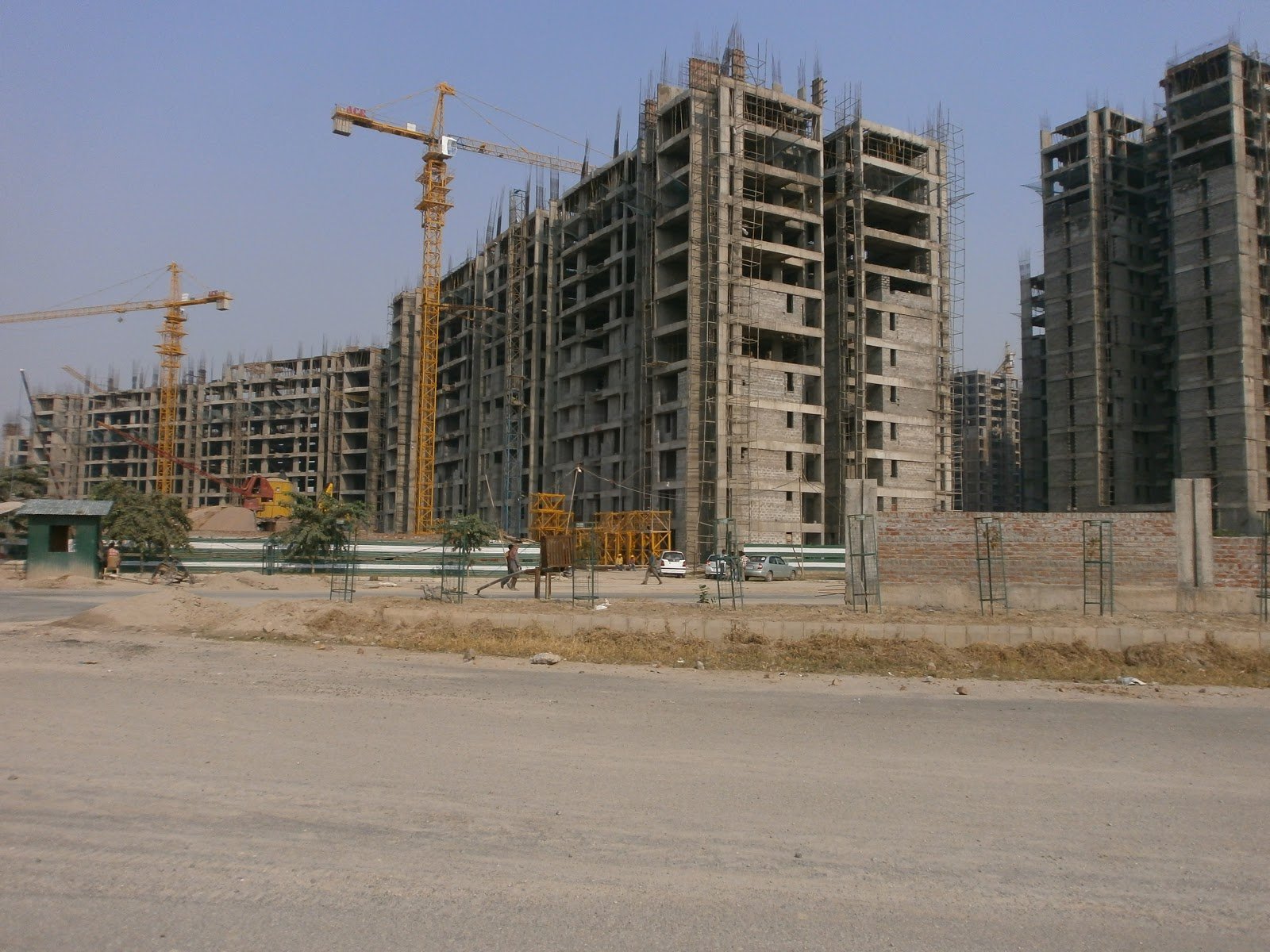The Karnataka government has revised its Transferable Development Rights (TDR) guidelines, a move expected to breathe new life into numerous stalled infrastructure projects across Bengaluru and beyond. The updated policy aims to address long-standing issues related to compensation and facilitate the swift progression of critical development initiatives.
The key change in the revised guidelines is the enhancement of compensation for agricultural land acquired under the TDR scheme. Previously, compensation for agricultural land was less favourable compared to residential property. Under the new framework, the Bruhat Bengaluru Mahanagara Palike (BBMP) is now authorised to offer compensation equivalent to that of residential property. This adjustment is expected to resolve disputes with property owners who had resisted land acquisition under the older, less attractive TDR policy.
To avail of this enhanced compensation, property owners must cover the development charges associated with converting their land from agricultural to non-agricultural use. The revised guidelines introduce a tiered compensation structure that varies depending on the land’s intended use, whether residential, industrial, or commercial. A significant procedural change included in the updated guidelines is the enforcement of a strict timeline for financial transactions. The BBMP is now mandated to transfer collected fees and development charges to the revenue department within a seven-day window. This measure is designed to streamline financial processes and ensure timely allocation of resources.
The state cabinet’s approval of these changes, following a positive review from the Law Department, represents a crucial step towards mitigating delays in infrastructure development. The revised policy not only promises to expedite stalled projects but also aims to provide fairer compensation to affected property owners, thereby fostering a more efficient and equitable development environment. This policy shift underscores Karnataka’s commitment to addressing infrastructure challenges and revitalising growth across the state’s urban and suburban areas.



